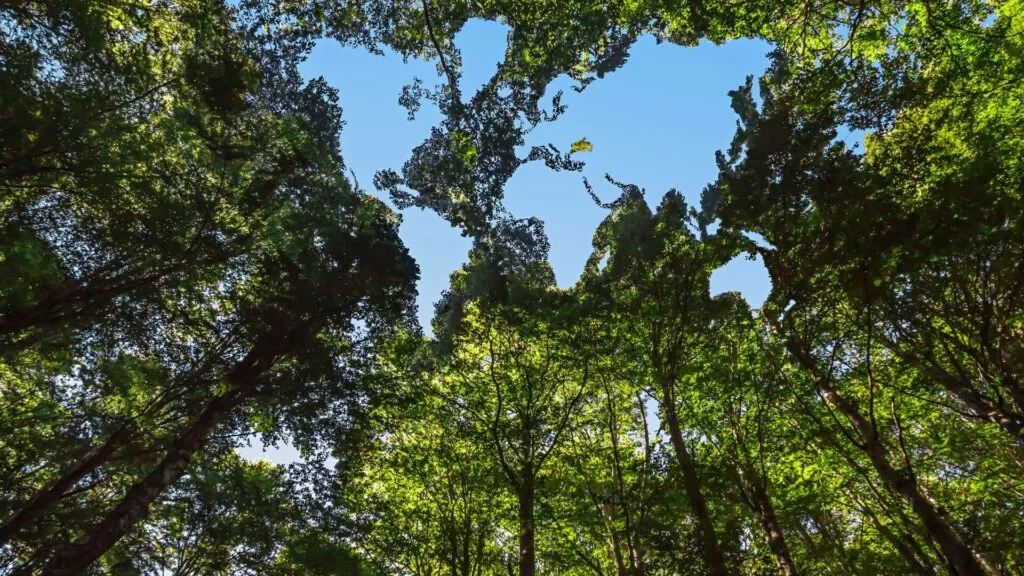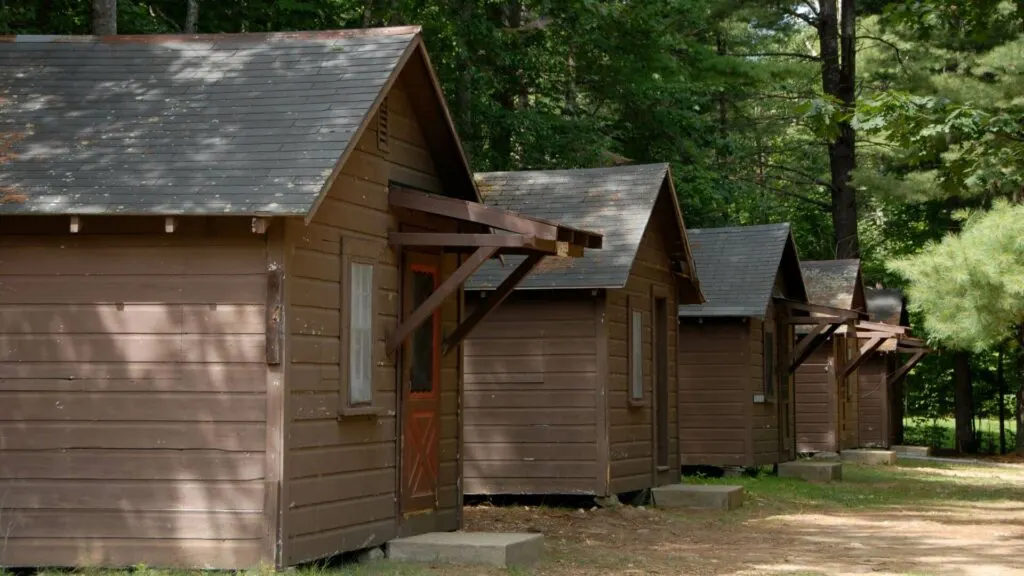Kirkman’s camp is hidden among the Sabi Sand Game Reserve greenery in the Kruger National Park. It represents not only an unforgettable safari but a piece of South African history. Named after Harry Kirkman, one of the region’s first game wardens and a renowned conservationist, Kirkman’s Kamp is an enclave that captures South Africa’s early 20th-century safari mood.
This blog explores how Kirkman’s Kamp has kept its historical charm while paying tribute to the person it was named after, merging luxury with historic preservation.

The Man Behind the Name
Kirkman’s Camp embodies Harry Kirkman’s philosophy on nature conservation and management. In the early 1920s, he assumed responsibility for protecting land and wildlife by zealously implementing anti-poaching laws, which became a standard for wildlife conservation in the area. Today, his spirit lingers within the walls at Kirkman’s Kamp, where his commitment to wilderness was noticed.
Preserving Historic Charm
As you step into Kirkman’s Kamp, you are taken back through time. Still intact since it was constructed some eighty years ago, it has been meticulously maintained to represent what it looked like then. These design elements throughout camp, including antique furnishings or memorabilia hanging on walls, speak volumes about different eras, allowing visitors to get a feel of both worlds.
The main public areas still retain their old-world graciousness with open spaces that invite guests outside into stunning views across the wilderness. Attention to detail in conserving these structures and interiors evinces deep regard toward the origins of this facility, combining history and comfort seamlessly.
A Living Museum
Not just another luxury safari destination, Kirkmans Kamp operates as a living museum to teach its clients about this area’s natural/cultural heritage. The preservation of this camp’s physical structure is the legacy of Harry Kirkman, which continues to be passed on through oral history shared by knowledgeable guides and practical measures aimed at conservation.
The guides of the camp are knowledgeable about stories concerning Harry Kirkman or early days in the reserve making a historical safari experience complete with information past conservation challenges and triumphs. This storytelling tradition has ensured that the memory of Harry Kirkman is kept alive as well as passed down thereby enhancing a greater sense among visitors for the land and its history.
Conservation at Heart
Kirkman’s Kamp is still committed to eco-consciousness because it was part of Harry Kirkman’s pioneering attempts at nature conservation. The park practices sustainable tourism, meaning that every aspect during operation, such as water usage or disposal of waste, is done in a way that minimizes effects on the environment while preserving biodiversity within this sanctuary.

Kirkman’s Kamp: Historical Safari Lodge
Kirkman’s Kamp epitomizes the spirit of Harry Kirkman, blending effortlessly between the historical charm of early safaris and contemporary luxury combined with ideals on conserving nature. As guests traverse the vast landscapes once patrolled by Kirkman himself or unwind in the historic homestead, they are enveloped in a timeless sanctuary that honors its past while looking toward the future of conservation.
In maintaining its historical appeal, Kirkman’s Kamp provides a unique gateway into the heart of South African wilderness heritage, a legacy as vibrant and alive today as it was nearly a century ago.

Jessi is the creative mind behind The Coffee Mom, a popular blog that combines parenting advice, travel tips, and a love for all things Disney. As a trusted Disney influencer and passionate storyteller, Jessi’s authentic insights and relatable content resonate with readers worldwide.
